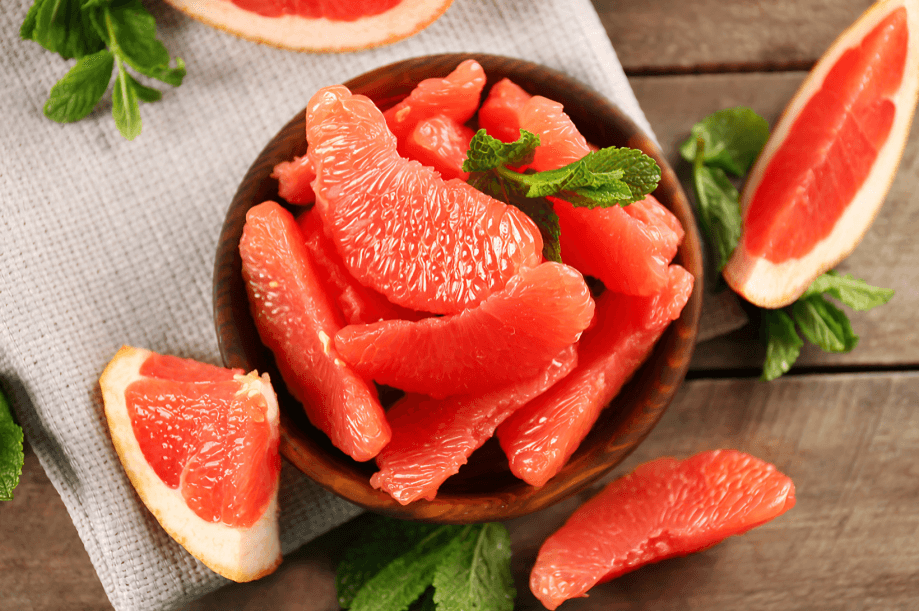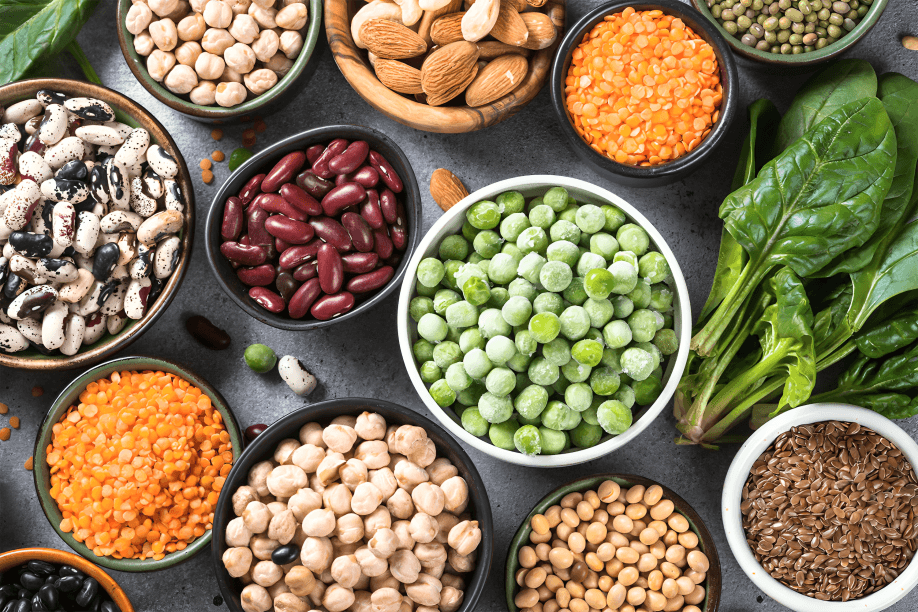
“
How a plant-based diet benefits aging adults is becoming a growing focus in health and wellness discussions. As individuals grow older, the body’s ability to manage chronic conditions, inflammation, and energy levels becomes more challenging. Embracing plant-rich meals packed with fiber, antioxidants, and essential nutrients can significantly improve seniors’ quality of life. 1
”
Geriatric specialists say plant-based diets help seniors age well by offering low saturated fats and rich antioxidants that fight chronic inflammation and reduce cellular damage naturally. 1
Fiber-rich plant meals improve digestion, ease constipation, and lower the risk of diverticulosis—common in older adults due to slower bowel movements and reduced water intake. 2

Leafy greens and legumes offer high levels of folate, lutein, and vitamin K, which have been linked to slower cognitive decline and better brain health in older adults over time.
Seniors who eat primarily plant-based foods may experience better mood stability, as these diets support gut health, which is increasingly linked to emotional regulation and mental well-being. 3
Magnesium and potassium found in fruits, seeds, and leafy greens help maintain strong bones and support calcium balance, potentially reducing the risk of osteoporosis and fractures in older adults. 4
Plant-rich diets improve vascular function and blood flow to the brain, supporting better memory and attention span in aging adults, which can reduce the risk of dementia and Alzheimer’s disease. 5
Fermented plant foods like tempeh, kimchi, and miso contain probiotics that support gut microbiota, which in turn enhances immune strength, nutrient absorption, and mental health in elderly individuals. 6
Seniors following plant-based diets typically experience fewer digestive issues such as bloating, acid reflux, and indigestion, thanks to high fiber content and reduced intake of animal fats. 7

Plant foods are rich in natural hydration, particularly fruits and vegetables, helping older adults maintain fluid balance and avoid dehydration, a frequent health risk in aging populations.
Seniors who avoid red and processed meats benefit from lower levels of inflammation markers, such as CRP, in their bloodstreams, lowering their overall risk of metabolic and chronic diseases. 8
A plant-based lifestyle may improve longevity in aging adults by reducing the number of medications needed for chronic conditions like hypertension, diabetes, and high cholesterol. 9
Vision health benefits from plant-based foods like carrots, sweet potatoes, and kale, rich in beta-carotene and lutein, help reduce the risk of age-related macular degeneration in seniors. 10
Plant-based diets naturally limit cholesterol intake, which helps lower LDL (“bad”) cholesterol levels in aging adults, leading to a reduced risk of heart disease and stroke later in life. 11
Eating plenty of whole grains, legumes, and vegetables promotes stable blood sugar levels, helping elderly individuals better manage or prevent type 2 diabetes and its age-related complications. 12
Age often brings weight gain, but plant foods are lower in calories and higher in fiber, which increases satiety and supports healthier, sustainable weight control for aging adults. 13
Elderly individuals on plant-based diets report improved kidney function, especially due to reduced protein loads from animal sources, easing stress on aging kidneys and lowering the risk of kidney disease. 14

Beans, lentils, and nuts provide plant-based protein that supports muscle maintenance, which is especially important in aging adults facing sarcopenia—the natural loss of muscle mass.
Rich in phytonutrients, plant-based diets support the immune system by increasing white blood cell activity and offering antioxidant protection, which helps older adults better resist infections. 15
Vitamin C, found abundantly in fruits and vegetables, promotes skin elasticity and reduces oxidative stress, which may help aging adults maintain more youthful, hydrated, and healthier-looking skin. 16
Doctors emphasize that adopting a plant-based diet helps aging adults manage diseases, increase vitality, and improve overall quality of life well into their later years. 17


